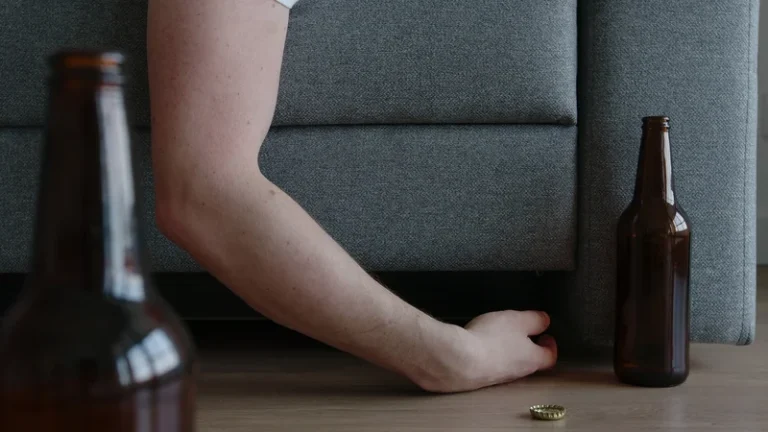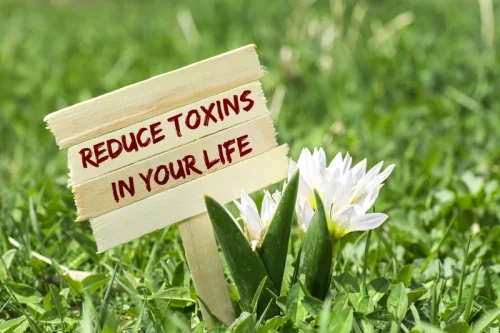
It’s unclear whether prenatal drug exposure continues to affect behavior and the brain beyond adolescence. Psychoactive substances affect the parts of the brain that involve reward, pleasure, and risk. They produce a sense of euphoria and well-being by flooding the brain with dopamine. If left untreated drug addiction can lead to serious, life-altering effects on the body. Someone with a drug addiction uses drugs in a way that affects many parts of their life and causes major disruptions. Examining the pros and cons of continuing to use substances, a technique known as motivational interviewing, is often used by addiction treatment professionals as part of the assessment process.

What environmental factors increase the risk of addiction?
- They’re often used and misused in search for a sense of relaxation or a desire to “switch off” or forget stress-related thoughts or feelings.
- When you’re addicted, you may continue using the drug despite the harm it causes.
- This article will define drug addiction, outline signs and symptoms, present possible causes, and provide treatment options.
- The clinical manifestation of abrupt cessation of a substance of abuse is withdrawal.
The term dependence refers to the fact that the brain has adapted physiologically to the substance of abuse. Dependence specifically refers to the effects of the process of neural adaptation to a psychoactive substance. It is a common feature of addiction, but not the totality of the more complex disorder.
Effects of Drug Addiction
You make excuses for yourself—to yourself and to others, about why you need the substance, about not showing up, about making mistakes at work, about how tomorrow will be different. You break promises to yourself that you will stop using—a source of self-contempt that has a way of perpetuating addiction by needing relief in the high of substance use. You get defensive or belligerent with loved ones or colleagues who want to know what’s going on; they what is drug addiction notice peculiarities about your behavior or appearance that you are not likely to recognize. You maintain a belief that you can stop any time you want—despite evidence to the contrary. While the best-known signs of addiction may be physical changes in a person—weight loss to the point of emaciation, the red face of problem drinkers—those occur late in the course of substance use. Experts identify at least five early warning signs of addiction.
How are addictions treated?
Neurons use chemicals called neurotransmitters to communicate. Opioids are narcotic, painkilling drugs produced from opium or https://ecosoberhouse.com/ made synthetically. This class of drugs includes, among others, heroin, morphine, codeine, methadone, fentanyl and oxycodone.

“Pharmaceutical companies have a lot of political power,” Grogan told USA TODAY in an interview. “What we’ve told the American people is ‘We pay really high drug prices for innovation’…it’s not true.” Agenda47 is Trump’s official campaign platform for the 2024 election. It is separate from the oft-mentioned Project 2025, but proposes his plans for crime, immigration and other issues.
- The fact that this critical part of a teen’s brain is still a work in progress puts them at increased risk for trying drugs or continuing to take them.
- Drug addiction is a treatable, chronic medical disease that involves complex interactions between a person’s environment, brain circuits, genetics, and life experiences.
- Yet methadone, the oldest and still one of the most effective medications in our OUD treatment toolkit, remains siloed.
- There is some research to support the view that adverse events in childhood and in adulthood change the responsiveness of brain systems.
An Addiction Medicine Pioneer

Drug Addiction: Understanding the Patterns, Effects, and Treatment Options

Addictions vs. Substance Use Disorders
- Drug cravings can be fierce, and fear of withdrawal symptoms often drives continued drug use.
- Alcohol-free cocktails and beer, along with cannabis-infused beverages, are gaining users.
- The role of spirituality in addiction recovery is often misunderstood.
- Drug overdoses in this age group are generally caused when someone accidentally leaves a medication within the child’s reach.
